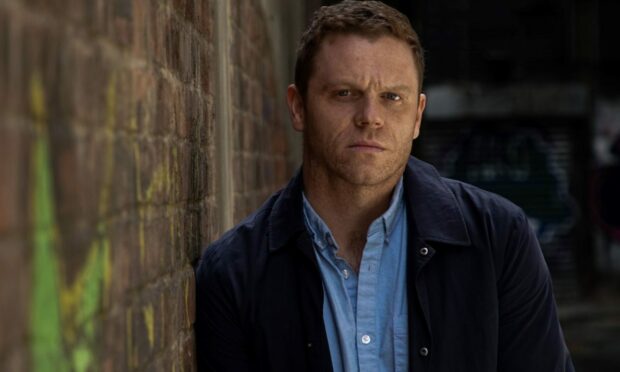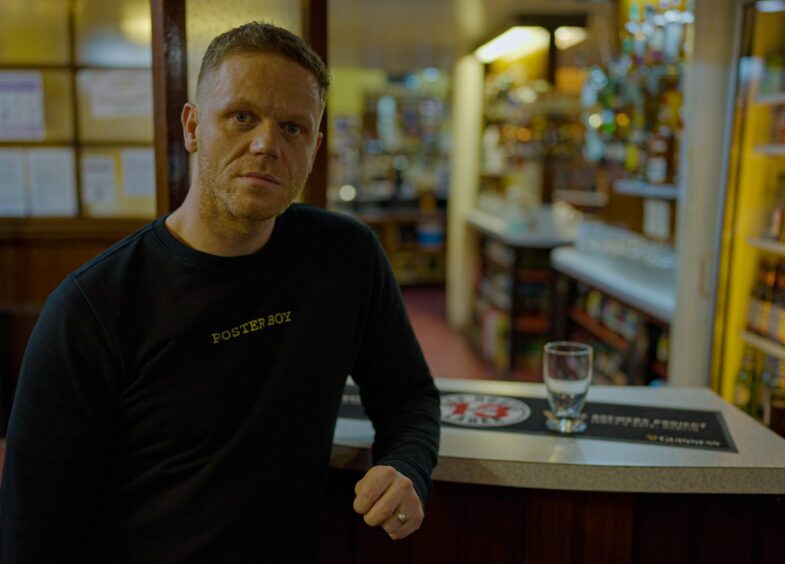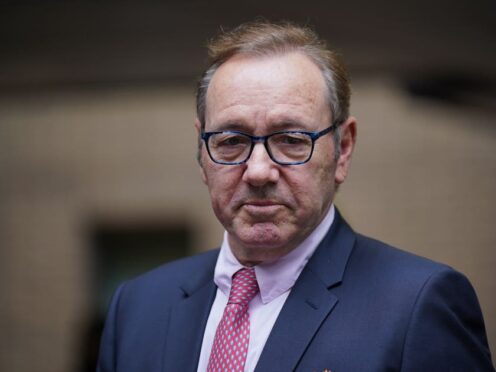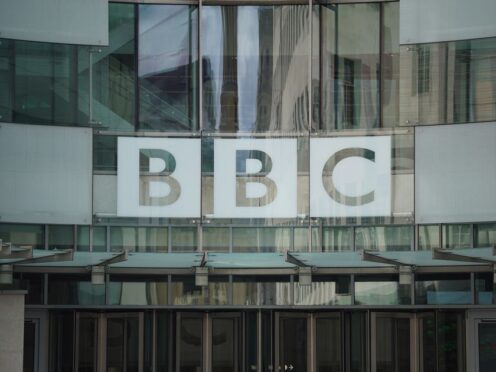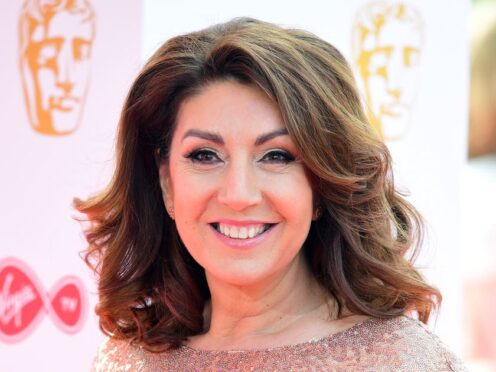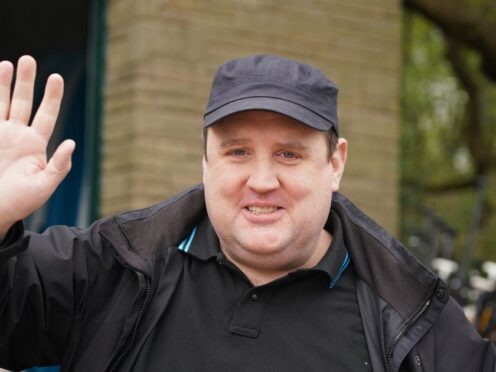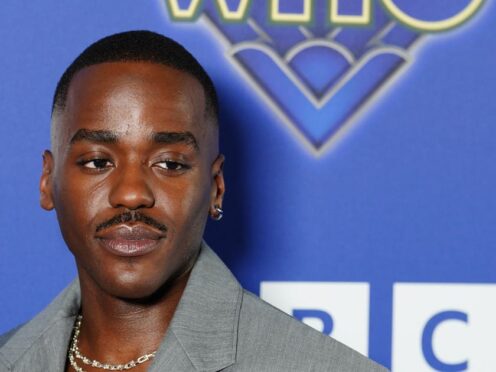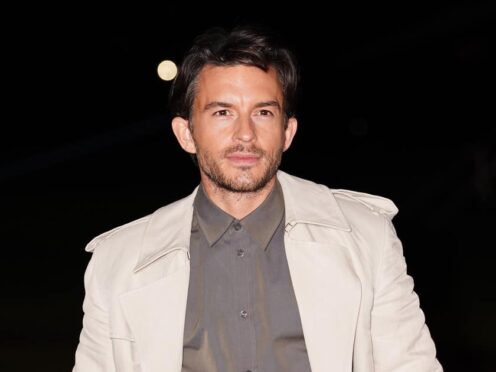“In Scotland, we’re proud of our ability to hold a drink,” says Darren McGarvey at the beginning of the first episode of his new series.
He’s raising an eyebrow at the incessant “take a drink!” culture which surrounds Scottish social life, but crucially he isn’t sneering at those who suffer from alcohol addiction.
One of the strengths of Darren McGarvey’s Addictions (BBC Scotland) is that McGarvey gets it.
That title can be taken as literally as you want.
Honest about own issues
The Orwell Prize-winning author and rapper from Pollok in Glasgow has been frank about his own struggles with addiction in the past, and he doesn’t shirk from putting his own issues in the spotlight here.
Amid the books (his latest, The Social Distance Between Us, is out next month) and the regular social media commentary, McGarvey has reinvented himself as one of Scotland’s smartest broadcast commentators.
His past series, Darren McGarvey’s Scotland and last year’s Darren McGarvey’s Class Wars, have been astute and open-minded looks at Scottish social issues.
Show, don’t tell
Addictions is no different. It might have a point to press home, but it does it with persuasion and not polemic, teasing out case studies, new information and easy conversation, rather than telling his audience what to think.
In this first episode, McGarvey’s presentation of his case is down to earth and easily recognisable.
Scots are known the world over, he says, as “wild-eyed gingers… absolutely mad wi’ it,” like Groundskeeper Willie from The Simpsons, and his first interviewees don’t present evidence against.
Stories of the first time
Speaking about their first alcohol experience, there’s a smart young woman who says she first tasted alcohol aged nine, and a young guy who “got smashed” aged 12.
As these stories descend into laughter about the embarrassing times they’ve had while drunk, McGarvey wonders why the passage into Scottish adulthood is umbilically tied to drunkenness.
Next he’s at Dumfries & Galloway Royal Infirmary, where patients’ stories of serious liver disease are harrowing.
The next stage – health problems
One 53-year-old woman will only be interviewed off-camera because, says McGarvey, of the stigma surrounding alcohol-related illness; a sharp contrast to the social stigma of not “taking a drink” when peer pressure commands.
“That’s where the whole idea that this is a choice really runs into problems,” says McGarvey.
The programme firmly makes the case that addiction is an illness, and that social circumstances can feed into people’s susceptibility to it.
He meets frank and thoughtful ex-serviceman Gary, whose drinking is taking a toll on his liver and his mental health.
Frank, another interviewee, tells the heart-breaking story of his 32-year-old son Adam’s death due to an alcoholic seizure as he was trying to kick drink.
McGarvey learns about the historic temperance movement, and the science of attentional bias, the triggering of thoughts in an alcoholic’s mind based on what’s visible in their environment, leading into a discussion of alcohol advertising’s ubiquity.
He is firm but knowledgeable, and he speaks from hard-won experience.
“This isn’t just something we can pin on the poor,” he concludes. We’re all in the battle against alcohol addiction together, and by the end you might feel empowered to look at your own relationship with drinking and what might need to change.
